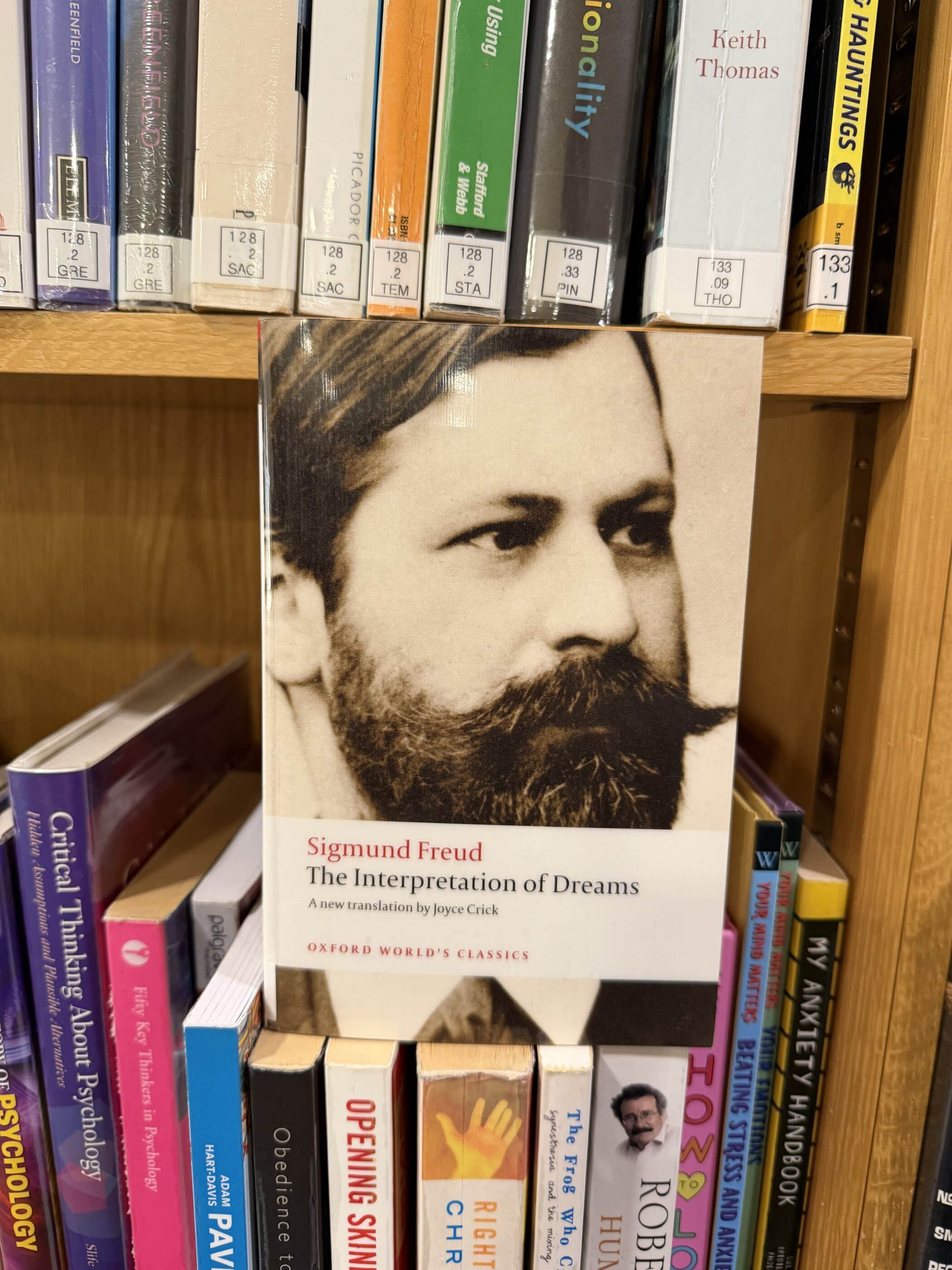Roger Federer is probably one of the greatest tennis players of all time. He won a total of 20 Grand Slam singles titles during his career, including 8 Wimbledon titles. He reached 31 Grand Slam finals; Federer is also one of the few players to achieve a Career Grand Slam, winning all four majors at least once. That is a seriously impressive performance sustained over many years.
Like most sports now, tennis is subject to detailed statistical analysis. Commentators, coaches, players and fans are all keen to analyse performance – they collect and study data to help them compare strengths and identify weaknesses. Federer is no exception, and when he made a speech at a recent commencement ceremony at an American University, he shared a fascinating piece of background information with his audience. I thought I would share it with you this morning. Here it is.
Federer has an important message for us in managing success and failure. He tells us that in the moment, each point meant everything to him, but after the point was won or lost he allowed it to slip from his memory, to direct all his focus on the next point. Federer says, ‘This mindset is crucial – because it frees you to fully commit to the next point with intensity, clarity, and focus.’ I am sure that he is right. We can all make the mistake of directing our focus on negative things. Imagine if ten people say nice things to you, and one person says something negative. I bet I know what you will be thinking about later: the single negative. We need to move on and follow Federer’s advice. We need to play each moment with real intent and then leave it behind.
But Federer also has another brilliant piece of advice for us in that clip, although he doesn’t develop his idea.
Perfection is impossible. In the 1,526 singles matches I played in my career, I won almost 80% of those matches. But what percentage of points did I win? 54%. In other words, even top ranked tennis players win barely more than half the points they play.
I looked the stats up. In fact, Federer is too hard on himself. He actually won 81.3% of all his matches. The numbers make sense. Winning 54% of all the points he played meant that Federer won around 65% of all the games in those matches. Winning all those games meant that Federer had an overall set win percentage of 70%, winning at least one set in 93% of his matches. And if you win 70% of all sets played, it shouldn’t be a surprise that you will win over 80% of all matches.
At first, it felt odd to see a 4% win margin translate into such a big outcome. In fact, the margins are even smaller than that. Take Andy Murray. He played at the same time as Federer. He lifted 3 Grand Slam titles and won 64% of his singles matches. His career point win percentage is 52%. So, his point wins were just 2% fewer than Federer, but this translated into a 17% difference in match wins and 17 fewer titles.
Small differences are not small at all – they are decisive in giving the edge. That is an important message for us all – I think an even more important one than the one that Federer made his focus. Small differences can be carved out in every aspect of your life. You can separate yourself from others in academic terms. You can do it with your heath and fitness. You can do it with your wellbeing. You can take anything and, even if you make yourself just 2% better, you could be a Federer rather than a Murray (for all that Murray was also a great).
At the beginning of term I spoke to the teaching staff. I gave them a quotation that is apt for this assembly, so I share it with you now. The words are taken from Mother Teresa, who worked with the poorest people in the slums of Calcutta. She gave her life to them and is now recognised as a saint. She said, ‘In this life we cannot do great things. We can only do small things with great love.’
It’s those small things again. Do the small things, with commitment and love. Those small things add up.
Be faithful in small things because it is in them that your strength lies.
Roger Federer would wholeheartedly agree with her. He built his career as one of the best tennis players of all time by delivering on the small things, each of which brings a small margin, which translates into a disproportionately large pay-off.
When I shared those quotations with the staff, Mr Herring was kind enough to send me a relevant quotation he had found in a book by C.S. Lewis called Mere Christianity. Like Mother Teresa it takes the message from tennis and life into moral and spiritual behaviour. It turns out that small things and small margins can make you a better person as well. The battle between good and evil is described through a metaphor of war.
‘Good and evil both increase at compound interest. That is why the little decisions you and I make every day are of such infinite importance. The smallest good act today is the capture of a strategic point from which, a few months later, you may be able to go on to victories you never dreamed of. An apparently trivial indulgence in desire or anger today is the loss of a ridge or railway line or bridgehead from which the enemy may launch an attack otherwise impossible.’
In every aspect of our lives, whether sporting, academic, moral and social, we should take care of the small things. We should focus on small margins. Small margins make the difference. And because they are small they are achievable. No one is asking you to paraglide from the summit of Everest. Just make a small difference.
I’m going to finish with a final clip from Roger Federer’s speech. He is widely considered to be the most elegant player ever. His style was exquisite to watch. Here he is speaking about the way in which he played tennis. He is trying to capture what it was that made him special. Listen to his description of it. Although he lived it, he doesn’t know the word that describes it. You know what that word is.












